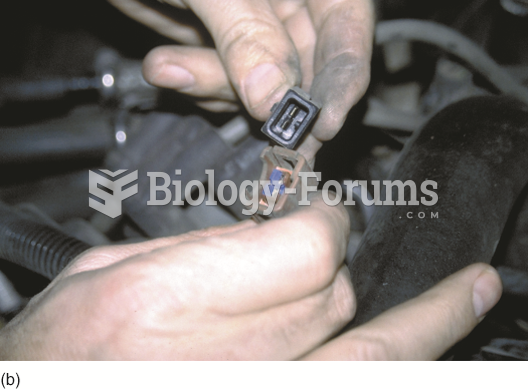|
|
|
Asthma cases in Americans are about 75% higher today than they were in 1980.
Cancer has been around as long as humankind, but only in the second half of the twentieth century did the number of cancer cases explode.
Historic treatments for rheumatoid arthritis have included gold salts, acupuncture, a diet consisting of apples or rhubarb, nutmeg, nettles, bee venom, bracelets made of copper, prayer, rest, tooth extractions, fasting, honey, vitamins, insulin, snow collected on Christmas, magnets, and electric convulsion therapy.
More than 20 million Americans cite use of marijuana within the past 30 days, according to the National Survey on Drug Use and Health (NSDUH). More than 8 million admit to using it almost every day.
By definition, when a medication is administered intravenously, its bioavailability is 100%.







